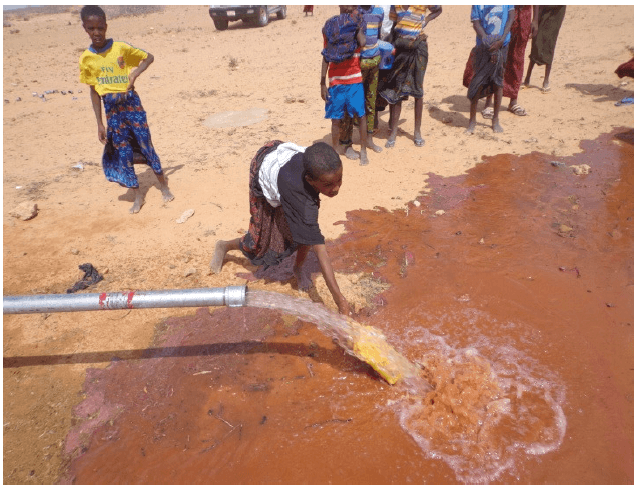More water or more conflict? Preliminary assessment of the effects on pastoralist migratory patterns and water-related conflict of IRC’s Start Fund project in Hobyo District, Somalia
International Rescue Committee accessed the 1% learning budget to assess the migration habits of pastoralists accessing boreholes and shallow wells rehabilitated during their Start Fund project. In the context of a short-term project with time, resourcing and access constraints, a light-touch methodology was used to give a preliminary assessment. This learning activity allowed IRC to investigate some of the intended coping strategies just before the intervention and how the intervention may have affected those strategies, shedding some light on clan dynamics and pastoralist migration in the rarely accessed coastal belt. The information is contributing to improved programming to maintain a ‘do no harm’ approach within the Hobyo and coastal band areas of Somalia.
The Start Fund allocated fast track resources to International Rescue Committee (IRC) in order to quickly respond to the WASH and Livelihoods needs of the ten most drought affected communities in Hobyo District. The project implementation lasted 45 days, from June 19th – August 3rd 2014. Two boreholes and five shallow wells were rehabilitated and 1,000 households benefited from US$100 UCTs (unconditional cash transfers). In order to learn from the project, IRC found that it was worth going back to the beneficiary communities and learning more about how the project impacted their living conditions and the pastoralists’ usual migration patterns and the conflict around water resources.
Five village/town communities were surveyed (50% of total project location) and lessons learned were identified from this experience. The focus of this report is on the WASH activities and how they affected behavior rather than the UCT intervention, although information related to this is highlighted where appropriate. Much of the learning gathered was also to help better understand how migratory patterns are affected by conflict to ensure the most relevant and needed interventions are provided in future programming. Read the full report here.
Every Start Fund project can access an option 1% learning budget to conduct activities to improve the evidence-base for lessons learned in the field or increase beneficiary influence. Emphasis is placed on making programmatic improvements to emergency response within the project’s specific context and disseminating lessons through the Network.

